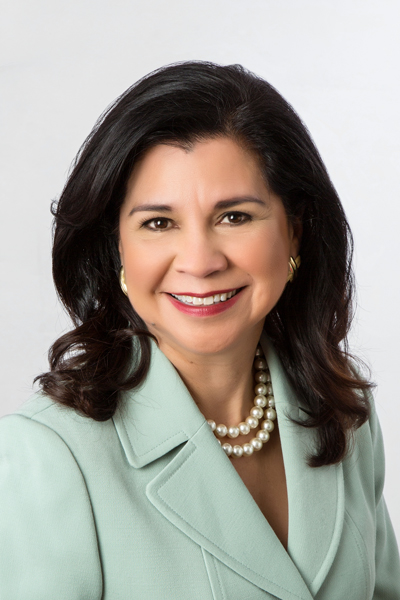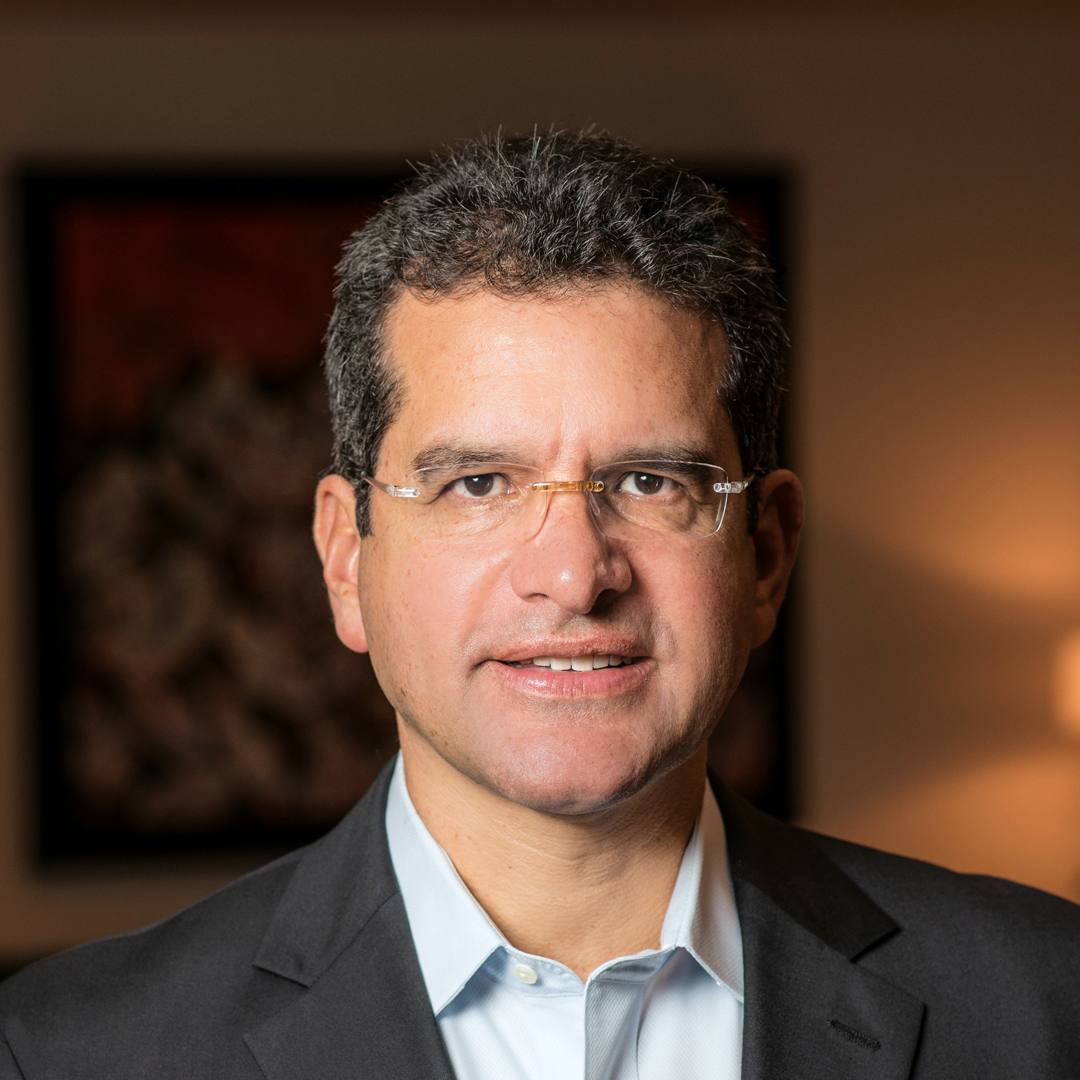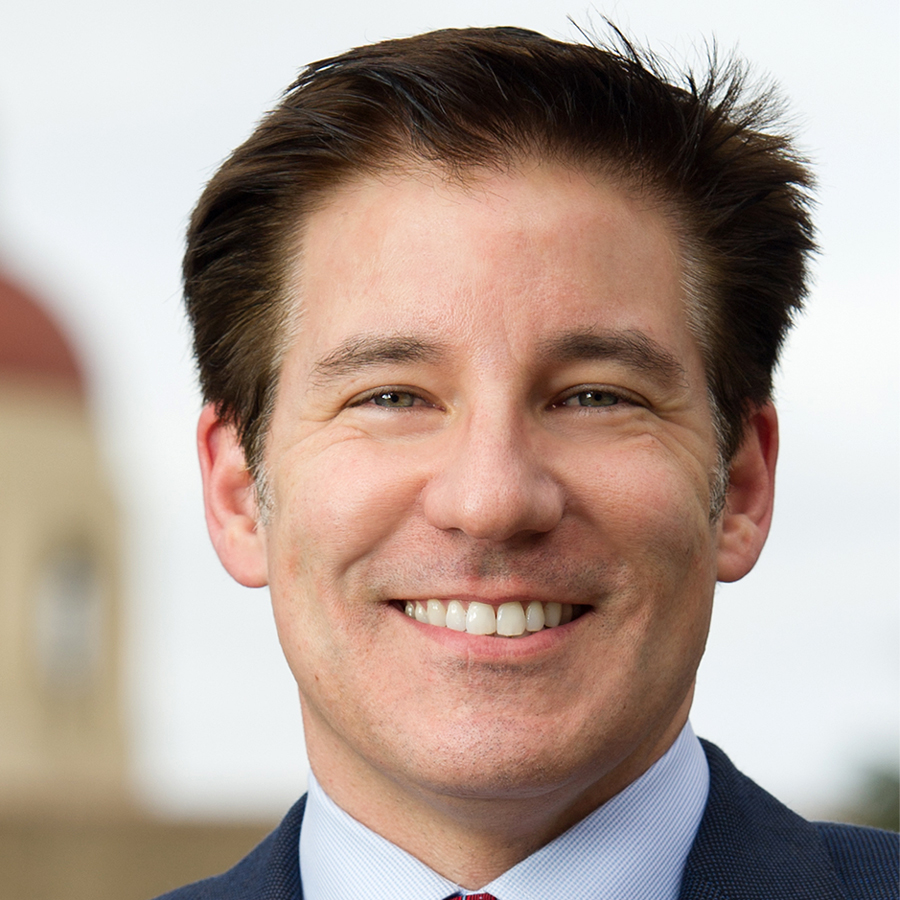|
Getting your Trinity Audio player ready...
|
You attended the LCDA’s annual convening last fall as part of the BRI program. How was that experience?
One of the most impactful things about it for me was how personal the setting was; it gave participants the opportunity to interact with each other and with the lecturers conducting the seminars. I attended with the understanding that it would be a board governance educational program, but I did not expect the level of support, motivation, and respect that I experienced while I was there.

I found it quite meaningful that everyone in the room was there to lift each other up; we heard from corporate leaders like Oscar Munoz who committed their time to provide insight, inspiration, and guidance for those of us recruited to the LCDEF BoardReady Institute. It was extremely empowering to know that Latinos who are already boardroom leaders prioritize their own time to serve as role models for those of us invited to participate in the program.
As a BRI participant, your interest in corporate board service is a given. Can you describe how that came about?
I have been honored to serve as a leader in various nonprofit board positions, and the next step of my journey as a BRI participant is serving in the corporate boardroom. It’s also a place where I can utilize my business experience. As an AT&T executive, I have a broad base of experience leading teams and creating and executing corporate strategies and deploying technology. Also, as the chair of the Xavier University board, I have guided that institution through a transition period since the retirement of a long-time president. In addition, I have played a role on the governor’s transition team during a time of significant budget issues for the state of Louisiana. The strength of my experience lies in leading organizations through transformational change and constant evolution, with integrity.
How do you choose which boards to be a part of?
Much of what I have done has been influenced by our efforts at AT&T to retrain our workforce as we work to develop the skills needed in the growing digital environment. By the year 2020, we’ll see a need across the globe for 40-45 million people skilled in medium- to high-tech jobs, and the ability to create an impact through re-skilling and education is meaningful personally and professionally.
Read our “Primed for the Boardroom” article to gain insights and advice on preparing and positioning yourself for board service.
We hire thirty thousand people a year and understand that education and workforce development are key to the success of every business operating in this country. Educators—with the support of the business community and community leaders—are developing the skills and creating the leaders that corporations want to hire. I seek to engage with organizations who are leveraging technology and social innovation, while understanding that we must provide opportunities to constantly re-skill our own people. The organizations I am a part of have that understanding, and they are committed to supporting education and cultivating a desire for lifelong learning.
What leadership style have you developed that you believe will serve you well in a corporate board setting?
Leading through transformational change and constant evolution has given me an understanding that organizations—no matter the size, no matter the area of business—must continually evolve to thrive. And—without question—leadership must share that mindset. I have a saying that my team repeats back to me: “When we do the right things, the right things happen.” And another: “Go the extra mile, it’s never crowded.” That drives my mindset in everything I do. To succeed in business and in life, one must drive forward with integrity.
To learn more about the LCDEF’s BRI program, contact Carmen Joge.
UPDATE: In July 2019, Sanderson Farms Inc. named Sonia Pérez to its Board of Directors.

